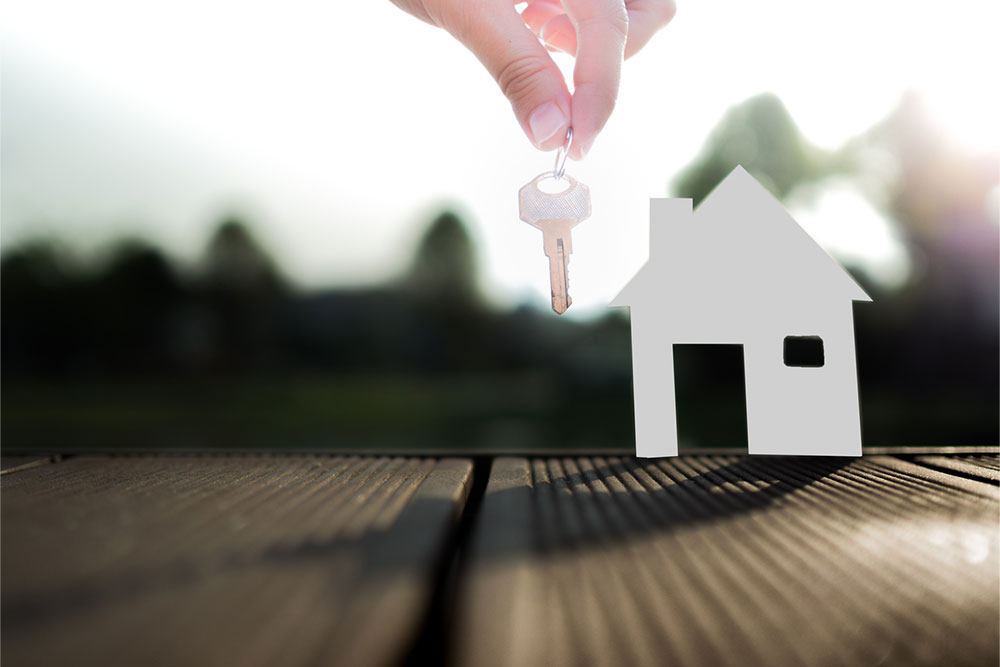7 mistakes to avoid when selling a home

Even more challenging than buying a home is selling one. From the long list of tasks that need to be completed to the emotional attachments that one needs to let go of, there are many things one needs to consider when selling one’s home. Given the complexity of this transaction, it is common for people to make big mistakes when trying to sell their home, which could cost them a lot of money.
1. Trying to DIY the sale
Real estate agents indeed ask for a hefty commission, anywhere between 5%-6% of the total price of the sale. While this can feel steep, these agents also bring in a lot of expertise that could ease the selling process, especially for first-time sellers. On the other hand, trying to go down the For-Sale-By-Owner (FSBO) route could result in complicated paperwork and botched-up negotiations. This is why one must look for a good real estate agent who has the seller’s best interests at heart. They will help one set a competitive price for the home, manage the emotional aspect of meeting prospective buyers, and negotiate a better price. They are also well-versed in the paperwork involved in completing the sale, which can be crucial in preventing any delays or legal issues.
2. Getting too emotional
Everyone holds their home close to their hearts. After all, the space holds so many precious memories with loved ones. So, it’s no surprise that trying to sell the house can be a very emotional process. One way to successfully close the sale is by approaching the sale from a business perspective rather than an emotional one. By focusing on the financial aspects of the transaction, sellers can keep their emotions in check.
3. Overlooking home selling costs
Selling one’s home may sound like a money-making endeavor, but there are lots of costs involved during the process. Although most of these costs will be covered by the sale, they are still important to consider, such as:
Agent commissions : Most agents charge a commission of 5-6% of the home’s selling price.
Closing costs: Another 1-3% of the home’s selling price would go towards closing costs, including taxes, title transfer fees, attorney fees, etc.
Staging costs: Staging costs vary greatly for each home, depending on its style and location. However, homeowners can expect to spend an average of $400-$600 on staging their homes for potential buyers.
Home inspection: Before listing a home, it is always important to have it inspected. This helps one understand any potential problems that may arise and plan the price of the home accordingly. This will help prevent any problems in the future. This service, along with repairs or renovations, will also come at a cost.
Seller concessions: Some sellers may decide to offer concessions, such as a free dishwasher, refrigerator, or washer-dryer unit, to appeal to buyers. These will further increase the selling costs, which one should be mindful of.
Moving expenses: Lastly, one also needs to consider the cost of moving. On average, one can expect to pay around $1,700 for a professional moving company.
4. Pricing too high
Many people look at the sale of their home as an opportunity to earn money, causing them to price it at a higher value. This unrealistic pricing makes the home very difficult to sell. The fix is to look at comparable homes in the area and set a decent price. Don’t be too worried about pricing the home too low, as this will generate interest among buyers, which can drive up bids for the home.
5. Skipping home staging
People often don’t consider staging a big deal during the sale process, which could be an expensive mistake. By staging the home for potential buyers, homeowners may be able to complete sales faster and for more money. But before staging the home, one must ensure the furniture is in place, and the home feels warm and inviting. Give the visitors a chance to imagine what their life could look like in this house. This will help them feel more connected to the space and help sellers negotiate better.
6. Selling during the wrong seasons
Yes, there is a right time to sell a home. During winter, most people are tied up with social engagements and are not likely to consider making big investments. Thus, the selling process may extend too long or even drive down the value of the home. Instead, it is best to list the home for sale in the warmer months, spring and summer. With many more people out and about at this time of the year, the chances of making a faster sale are much higher.
7. Not having insurance and other documents in place
Lastly, keep all the documents in order. One major legal document to have on hand is the homeowner’s insurance, which ensures that one is covered in case a viewer has an accident on the premises. Apart from this, one will also need documents related to the purchase of the home, homeowner’s association documents, any records of major repairs and renovations, manuals and warranties, pre-listing inspection report, listing agreement, comparative market analysis (CMA), seller net sheet, seller’s disclosures, preliminary title check, mortgage payoff statement, buyer’s offer and purchase agreement, home appraisal report, closing statement, deed, and proof of sale.